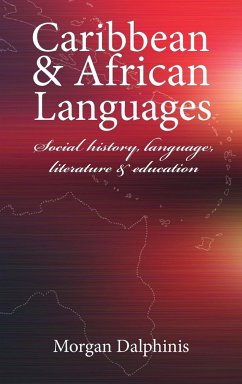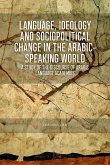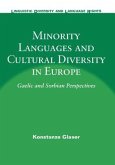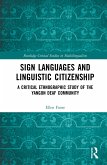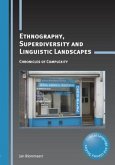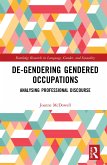This book looks at the issues involved in the use of Creoles in the education system. Issues covered include: the often marginal place of Creoles in various linguistic models (eg Chomskean, structuralist); the culturally specific nature of language; the psycholinguistic disjunction between competence and performance of Creole speakers; and the low social status of Creoles. Proposals are made for improvements in the position of Creole speakers in the education system including: greater awareness of language and its class and racial dimensions among teachers (not incidentally restricted to the issues raised by Creoles); the need for open discussion of language differences and their social context in the classroom; the availability of Afro-Caribbean languages and literature in the syllabi of the various examination ad certification boards; funding for mother-tongue projects, including those for French-based Patwa, often ignore even by the minority of English Creole speakers; changes in teaching methods, including the oral use of Creoles in the classroom; and an emphasis on communicative language theory to enable Creole speakers to acquire full mastery of standard English. Issues around the psychology of cultural identify and language are considered in some detail. A final section considers the place of Creoles in multilingual and multicultural education now and in the future.

